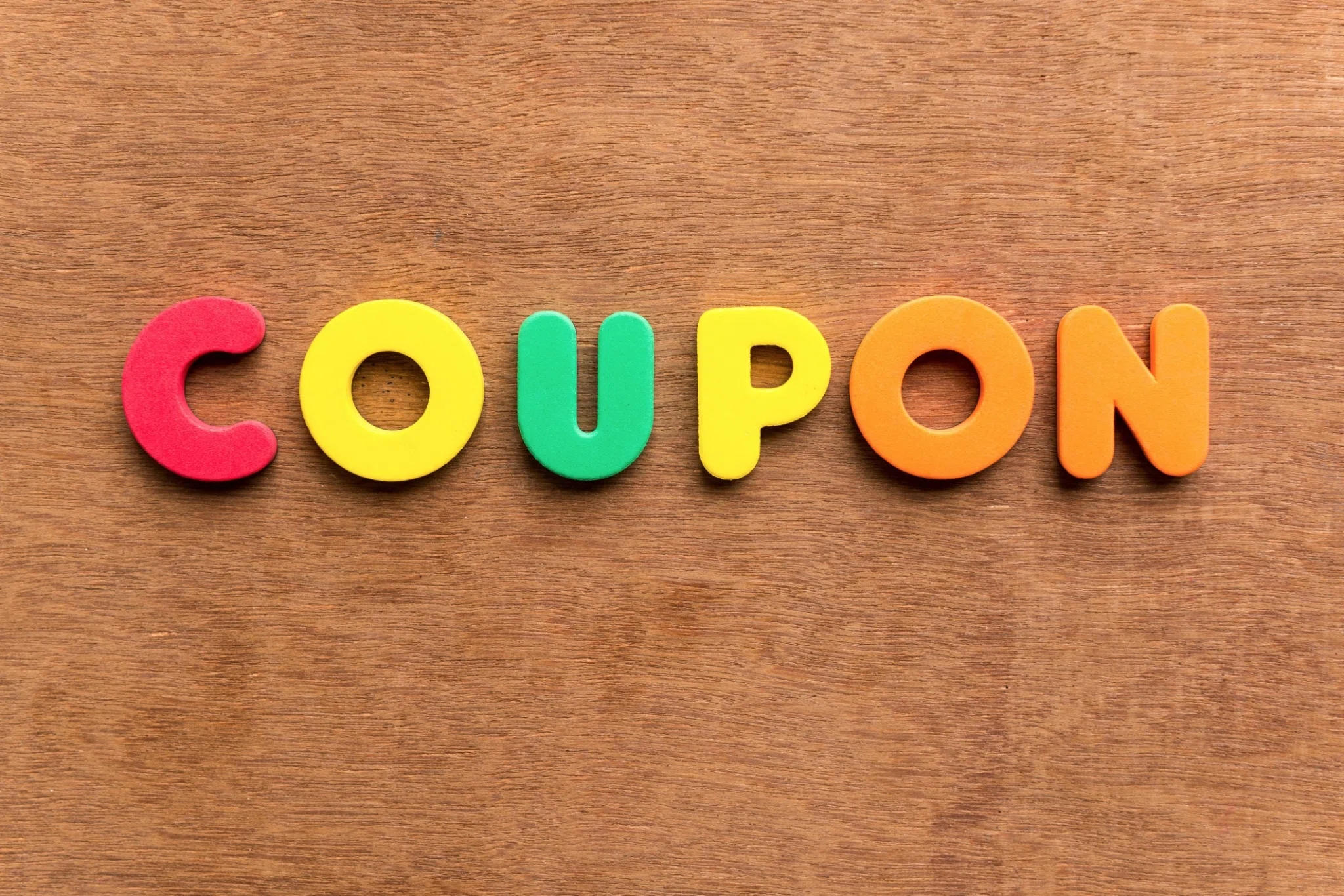BOGO: This one is pretty simple. It means buy one, get one free (or sometimes discounted). It’s most common with food items and other types of products where it makes sense to buy duplicates of something.
B1G1: This basically means the same thing as BOGO.
B2G1: Very similar to BOGO or B1G1, this means buy two items, get one free.
Clip: The word used for physically cutting coupons. It also sometimes refers to grabbing a promo code online.
Closeouts: When a store decides to stop selling a particular item and heavily discounts it to unload excesss stock.
CRT: An abbreviation for Cash Register Tape (or in common vernacular, the receipt).
ECB: This refers to “Extra Care Bucks”, which is the term CVS uses for store credit. CVS often runs promotions promising store credit (ECB) with the purchase of certain products.
Exp.: Short-hand for the word expiration, which refers to the date a coupon loses its validity.
Extreme Couponing/Extreme Couponer: This phrase was popularized by the cable channel TLC, which aired a show called “Extreme Couponing” that chronicled the adventures of the most hardcore couponers. It has come to mean anyone who identifies with the couponing lifestyle, although it usually refers to in-store couponers, rather than online ones.
Glitch: When a coupon is either supposed to be expired or only valid in limited quantities is accepted due to a mistake on the store’s part.
Haul: This word represents the number of items purchased using coupons during a shopping outing. Couponers regularly post their “hauls” online using photos that show entire carts full of items, often of the same kind.
ISO/IDSO: An abbreviation for the term “in search of” (or “in desperate search of”). This refers to couponers who are seeking coupons that they don’t already have in their possession.
Match-Ups: Blog posts or documents that link coupons with store sales to provide the best price.
MFG or MQ: The old-school manufacturer coupons. These are the ones that come in the weekly newspaper that can be clipped and redeemed for a discount at the supermarket or elsewhere. These manufacturer coupons can also sometimes be found online and printed at home for use in-store.
Money Maker (or MM): Some stores will give customers money if their total coupons and discounts exceed the total purchase cost.
Newbie: Anyone who is new to the couponing game is called a newbie.
Overage: When coupon savings exceed the product’s price and a store allows that excess to either be paid out in cash or applied to the overall purchase.
OYNO: This refers to the phrase “on your next order”, meaning that a coupon or credit won’t take effect until the next time you return to the store and make a purchase. Some stores allow you (or a friend) to get right back in line and use the coupon right away, but others require a certain period of time to pass before you can use the coupon.
Q: This is shorthand for the word coupon.
Raincheck: This occurs when a store runs out of stock, but gives you a “raincheck” form guaranteeing that you will get the item for the same price currently offered when it does come back in stock.
Rebate: A paper form that can be traditionally mailed in (although some companies now have online forms) in which the manufacturer or company will send back money to the buyer after the fact. An example of this would be a $200 vacuum cleaner that comes with a $50 rebate. You would pay $200 at the register, and be given back $50 once you submit the rebate.
RR: The same essential meaning as above, but it’s the store credit program from Walgreens, which refers to the credit as Register Rewards instead of Extra Care Bucks.
Stack/Stacking: The practice of combining manufacturer coupons with rebates and sales and mobile app discounts and internet coupons to get the biggest possible bargain.
Stockpile: This word refers to when extreme couponers purchase large quantities of items and then hold all of the extras in storage. That is considered the stockpile.
UFT: This stans for “up for trade”. Basically what it means is that a couponer is willing to exchange a coupon for a different coupon with another couponer.
WSL: Pretty self-explanatory, this means “while supplies last” and indicates that no rain checks will be given and the offer expires once the supplies are exhausted.
WYB: The abbreviation for the term “when you buy”. This applies to coupons with strings attached, that only become valid when the requirements are met. For example, the coupon might be 50 cents off a third box of cereal, when you buy the first two boxes.


